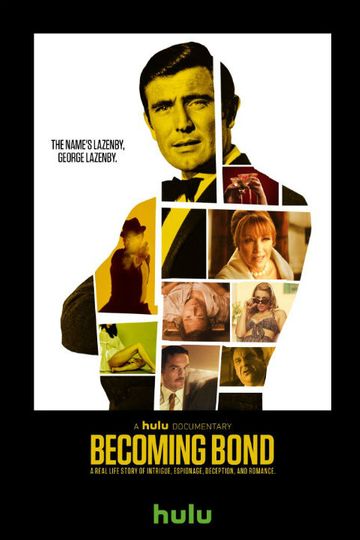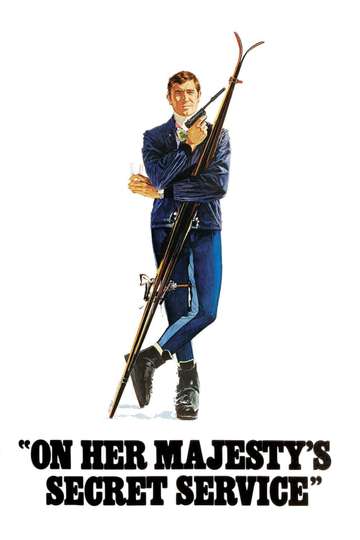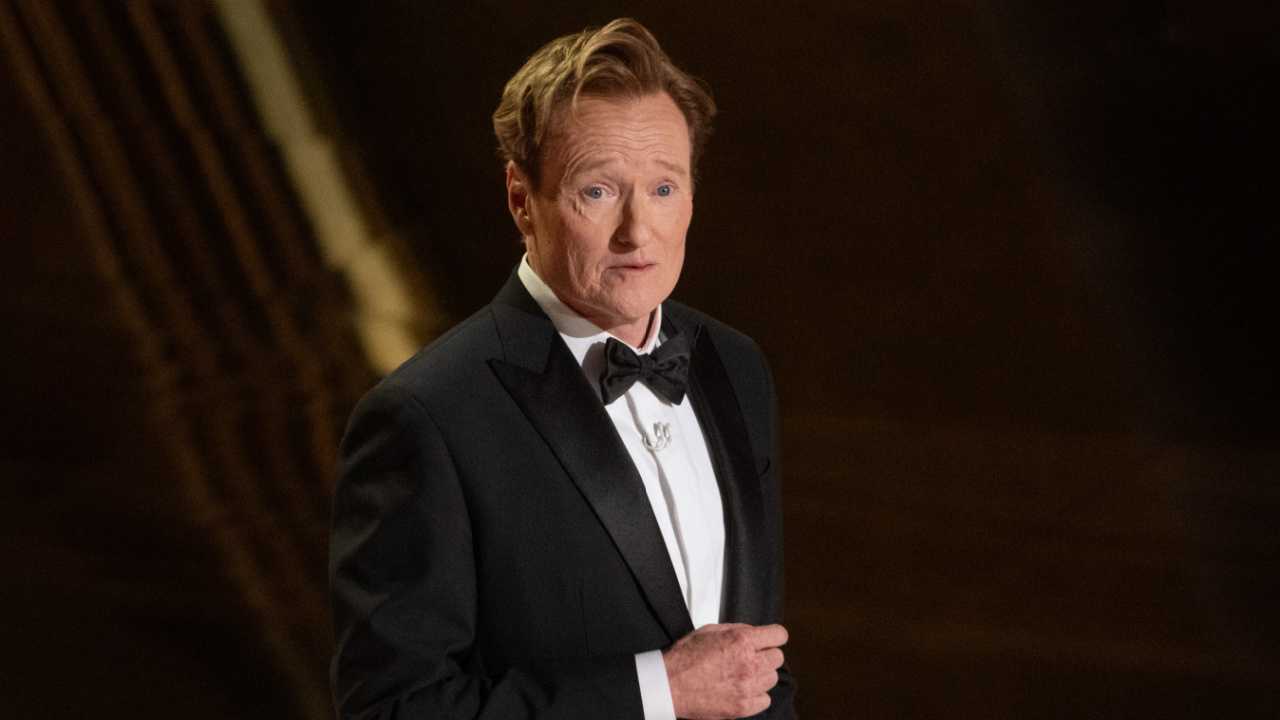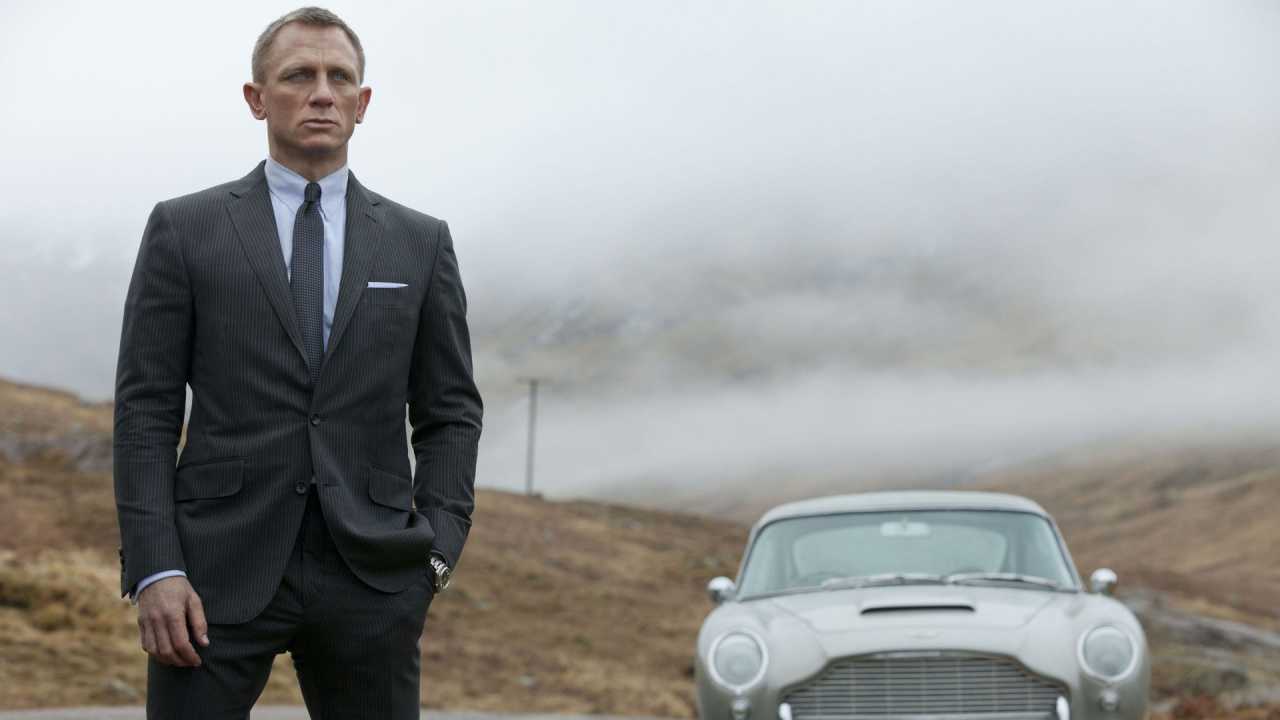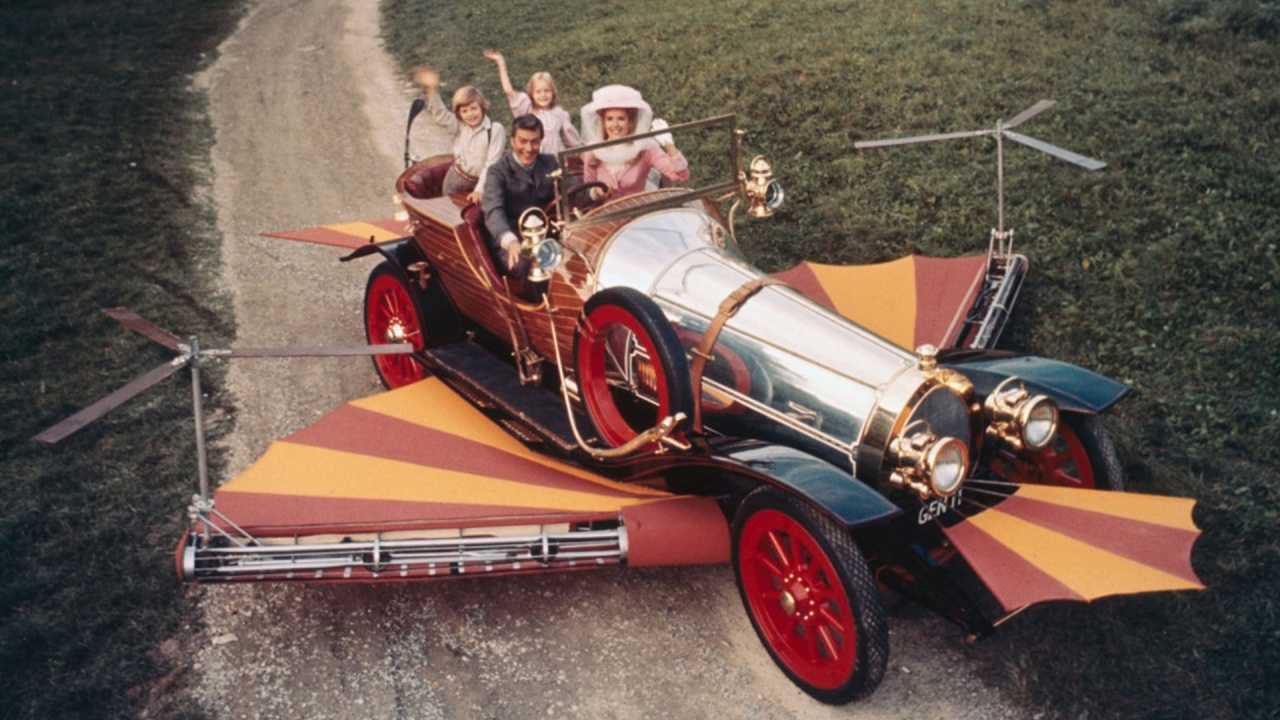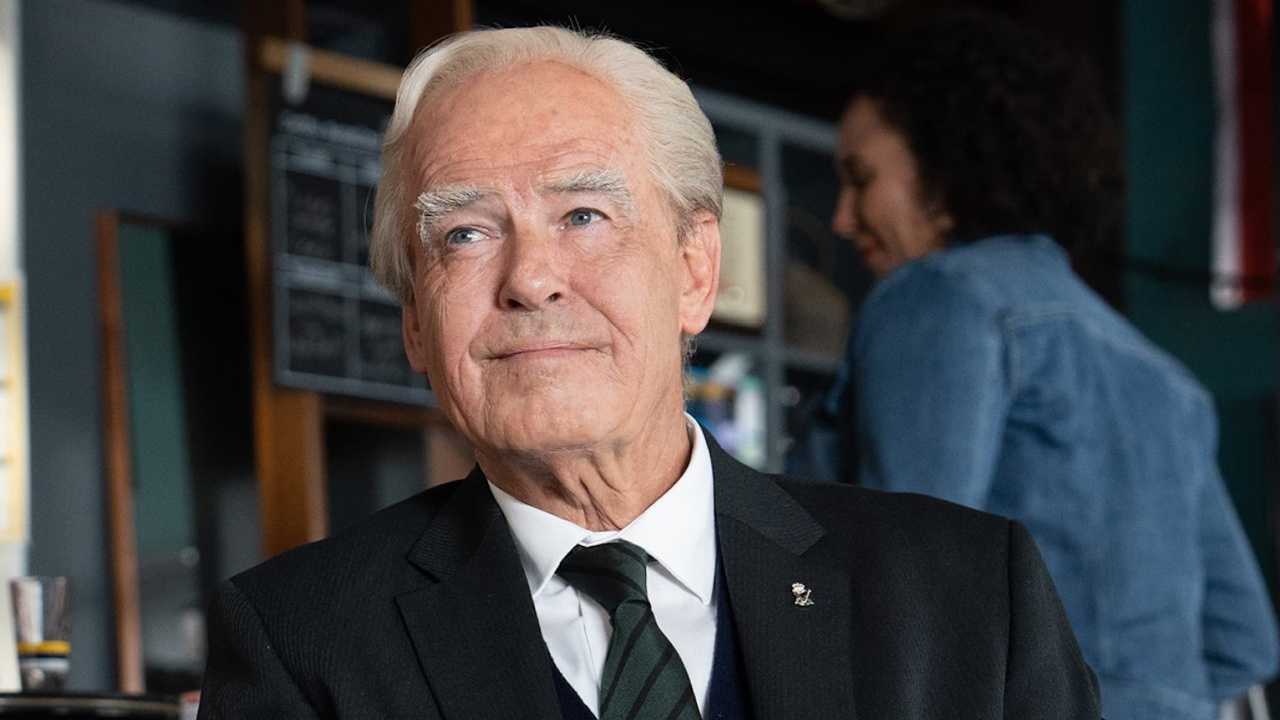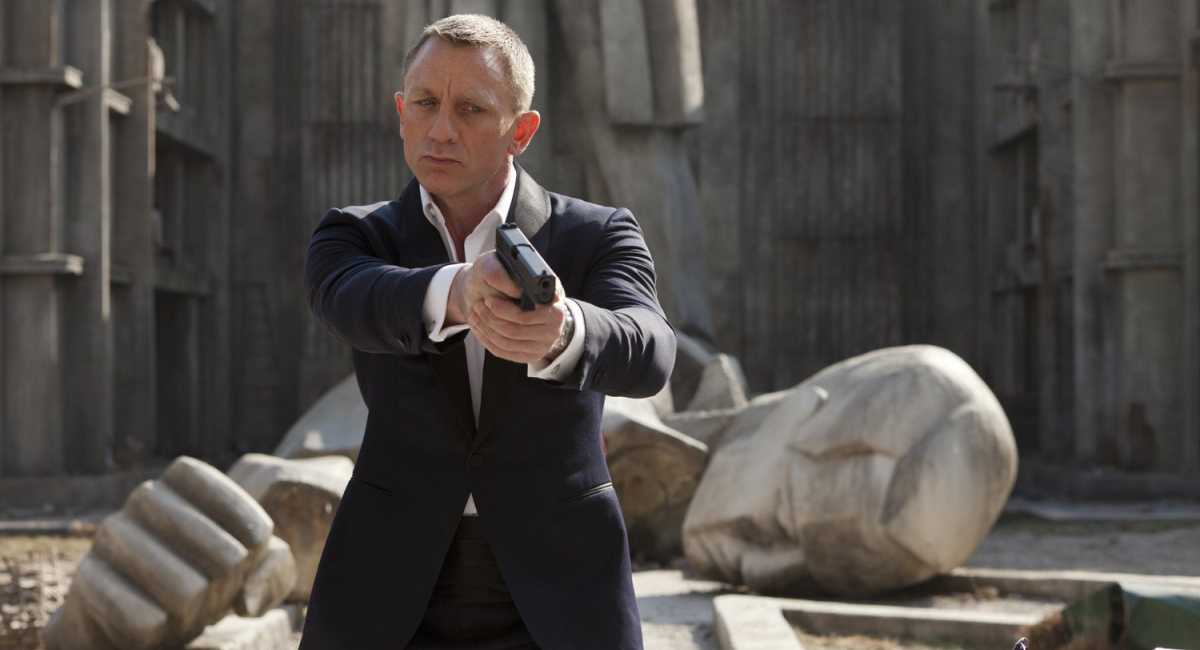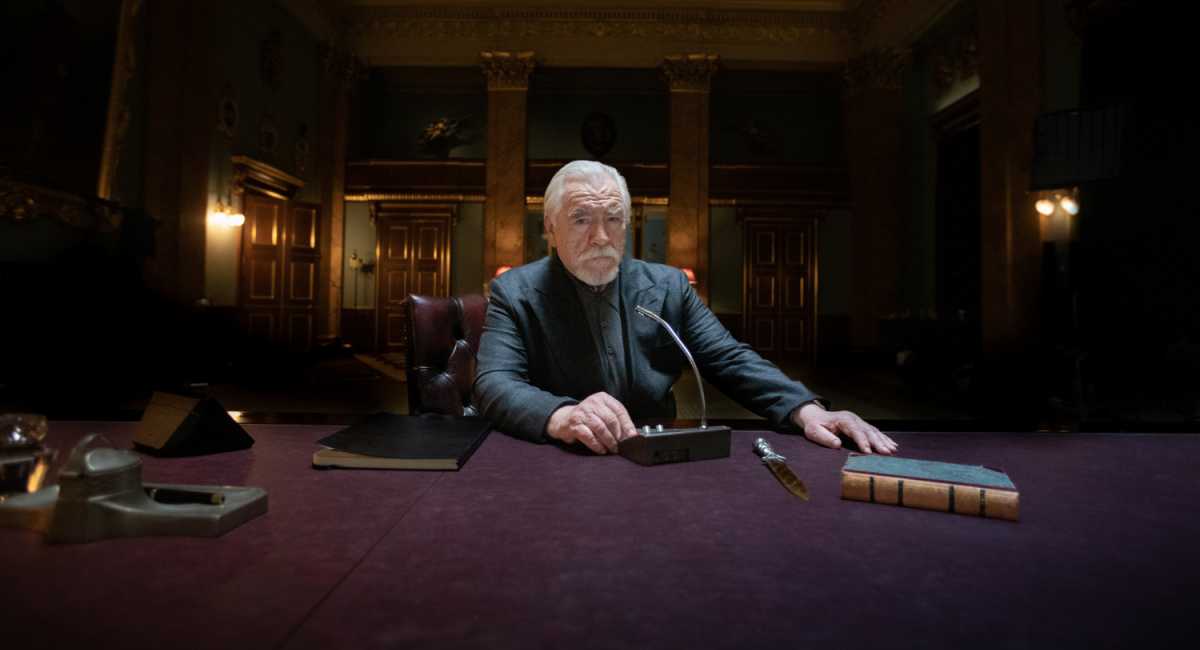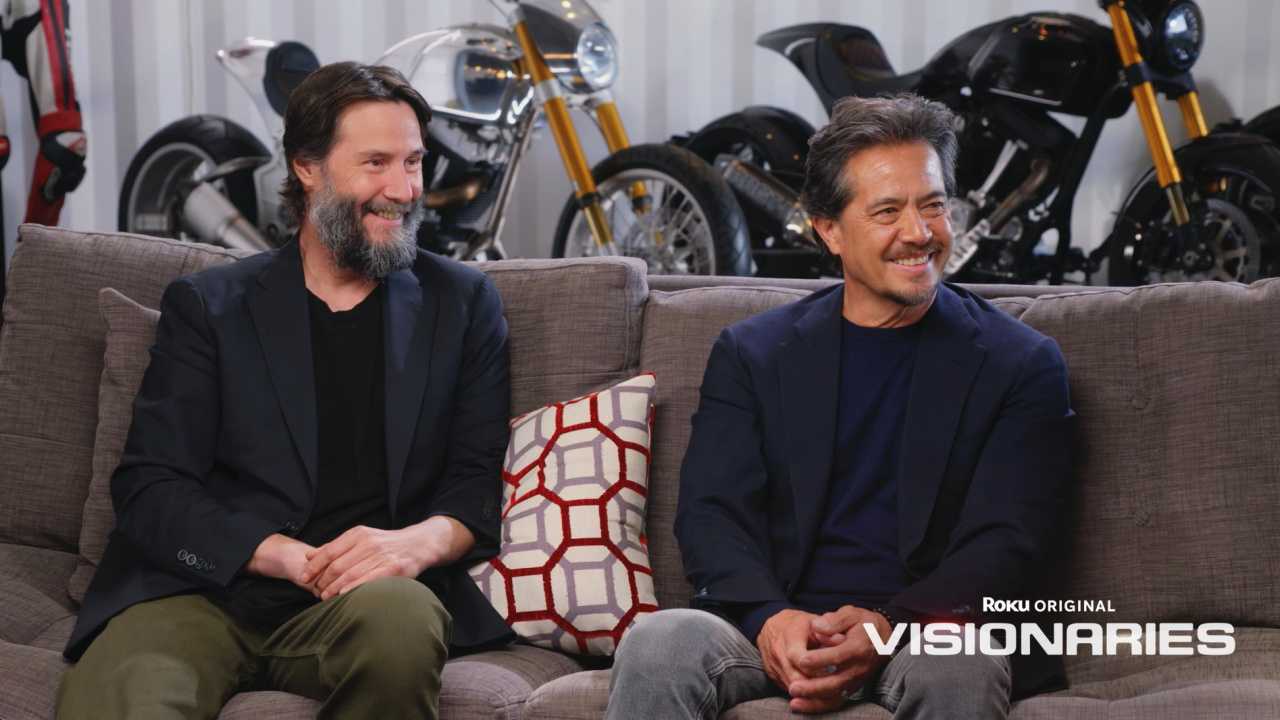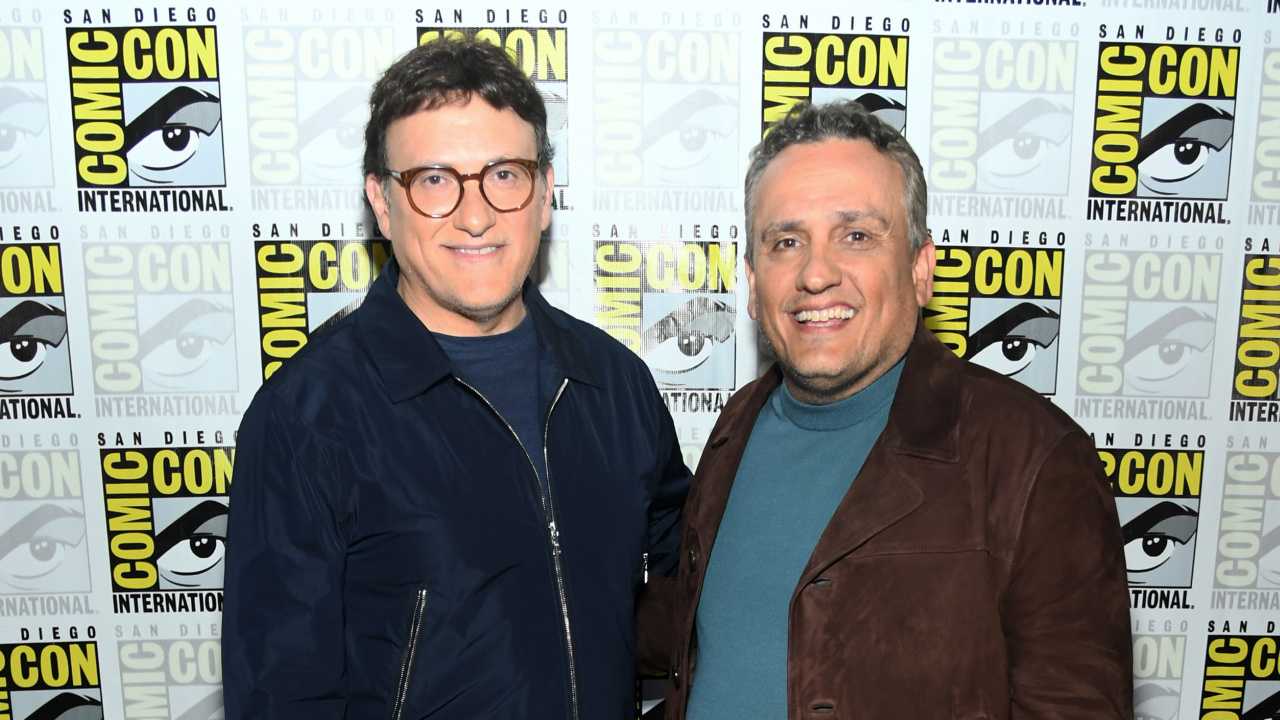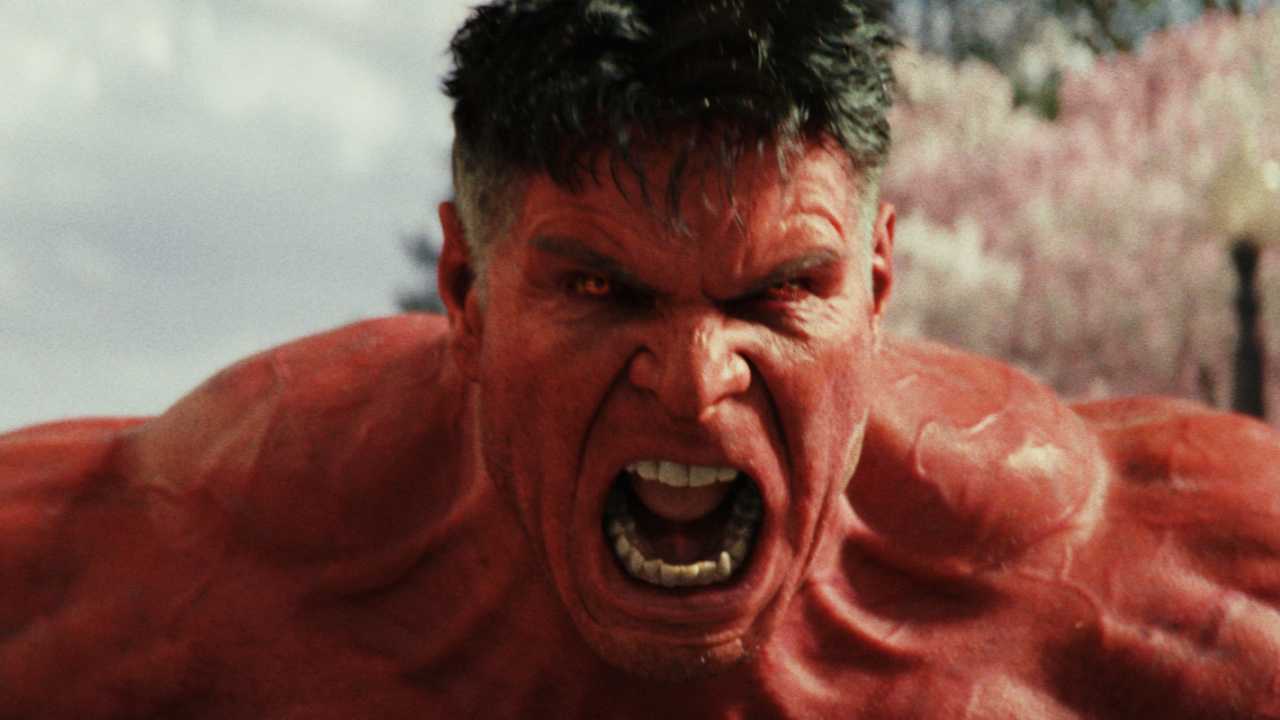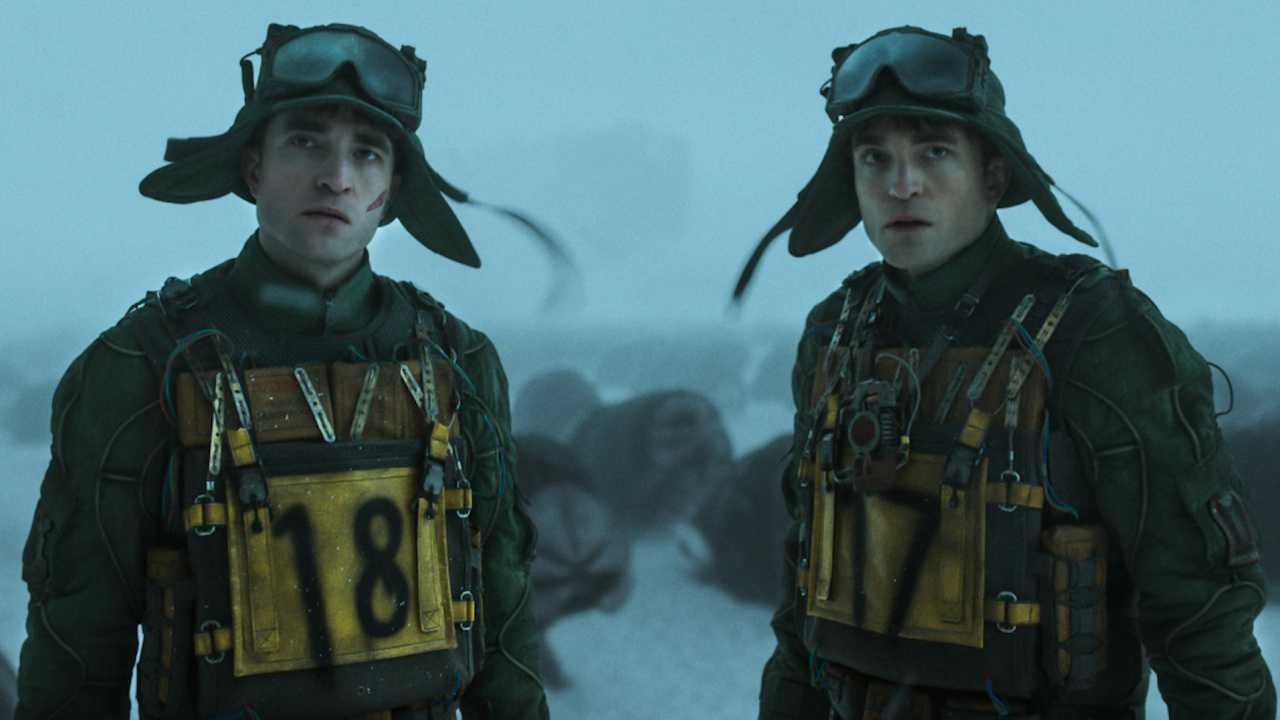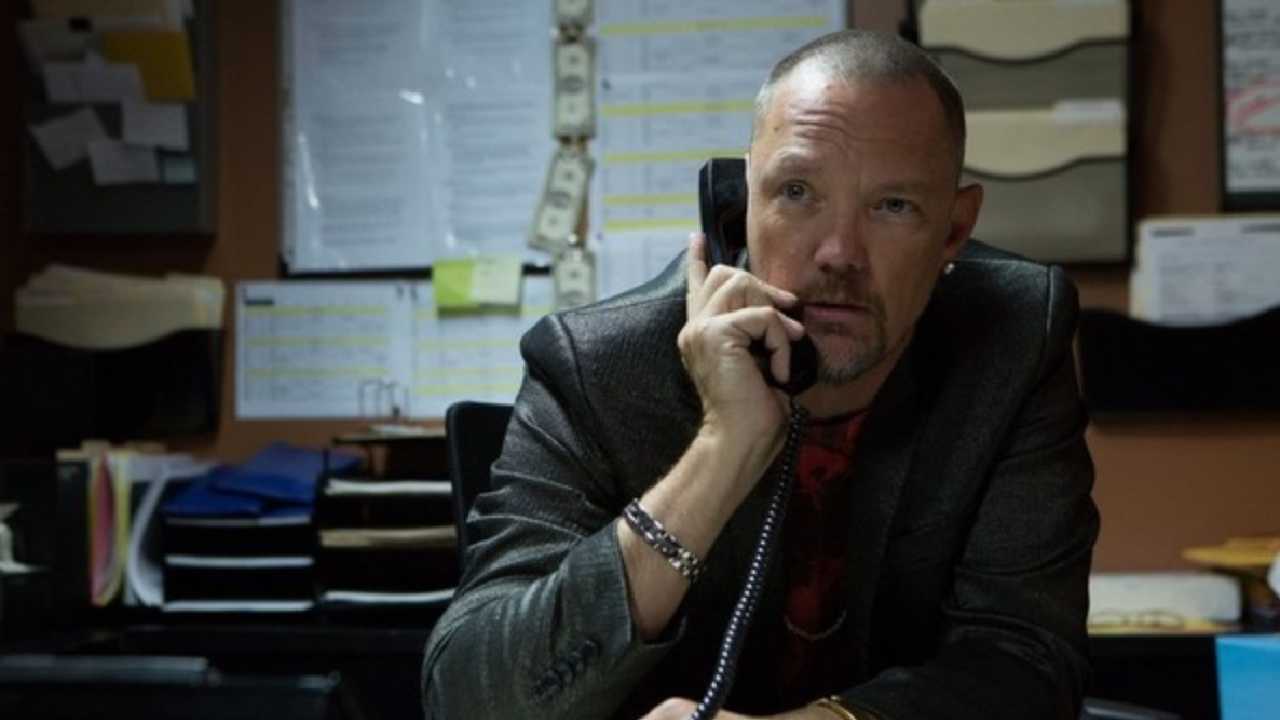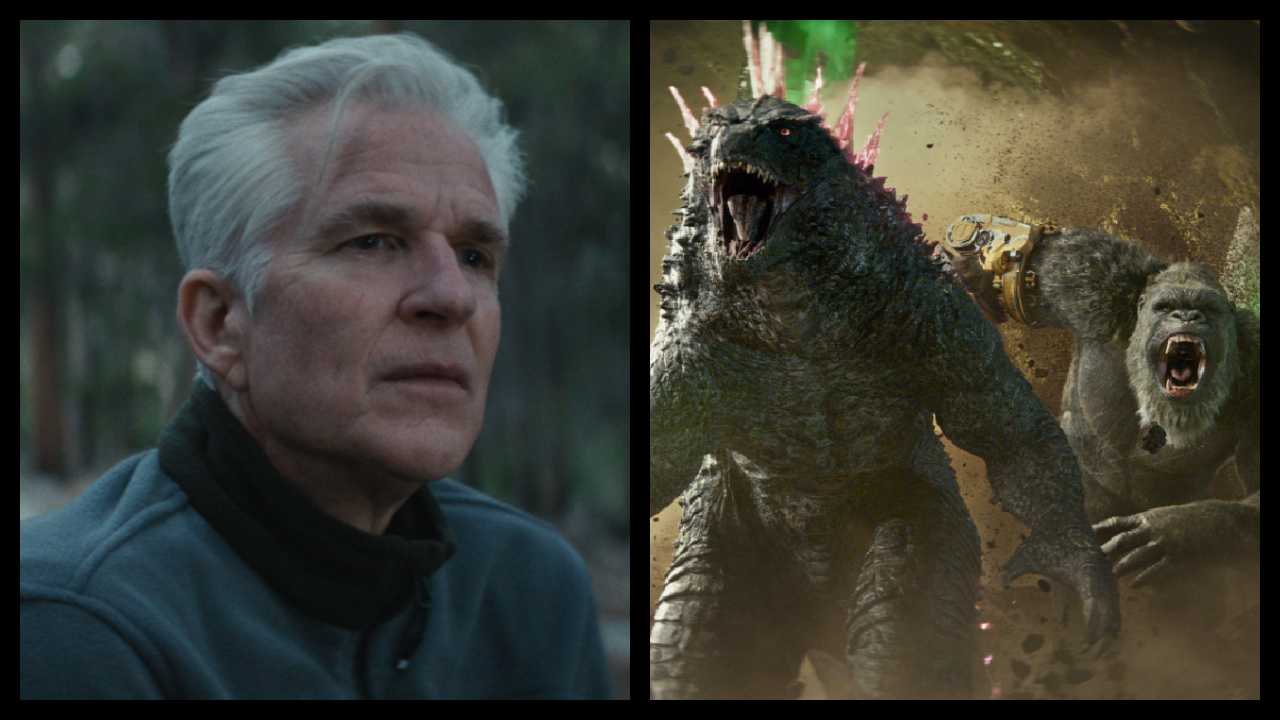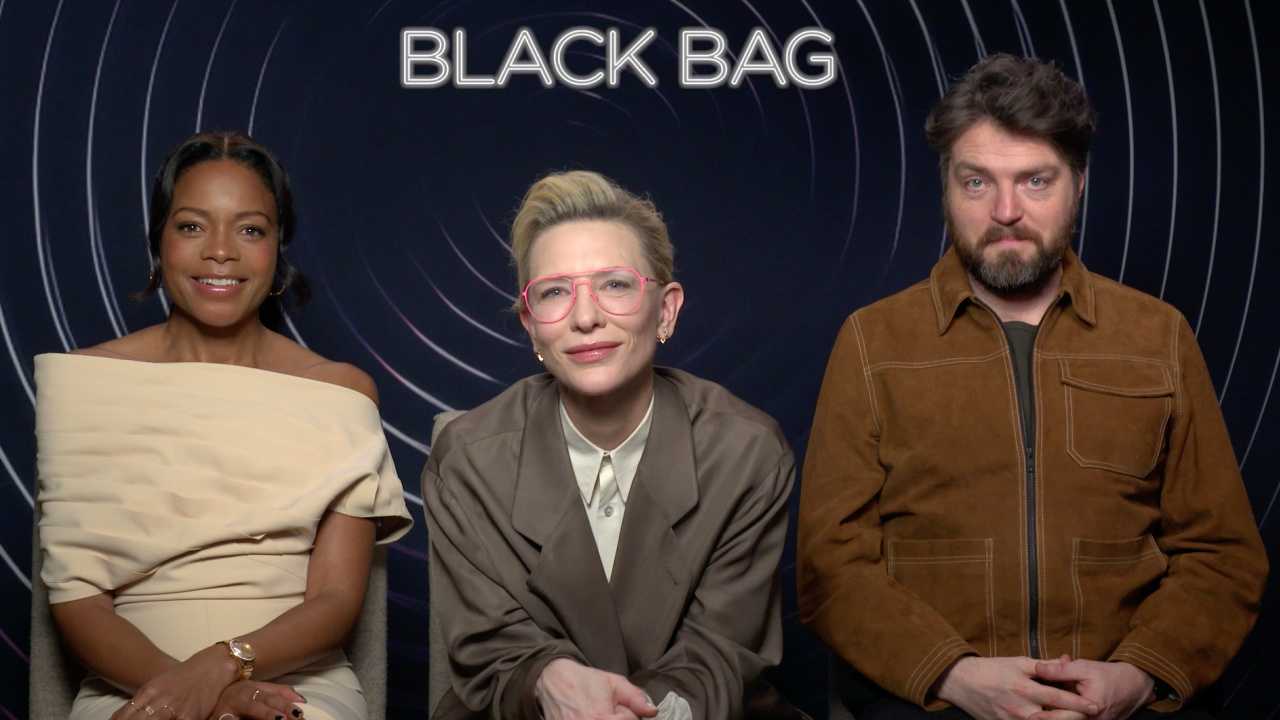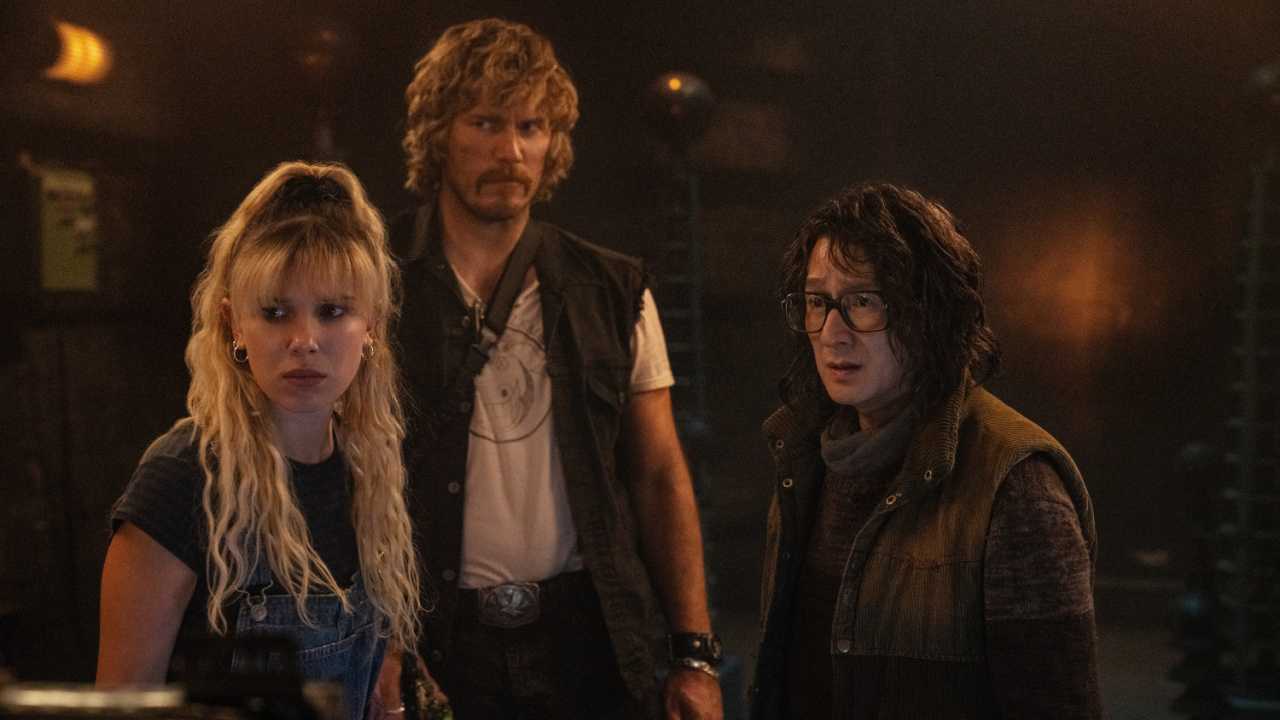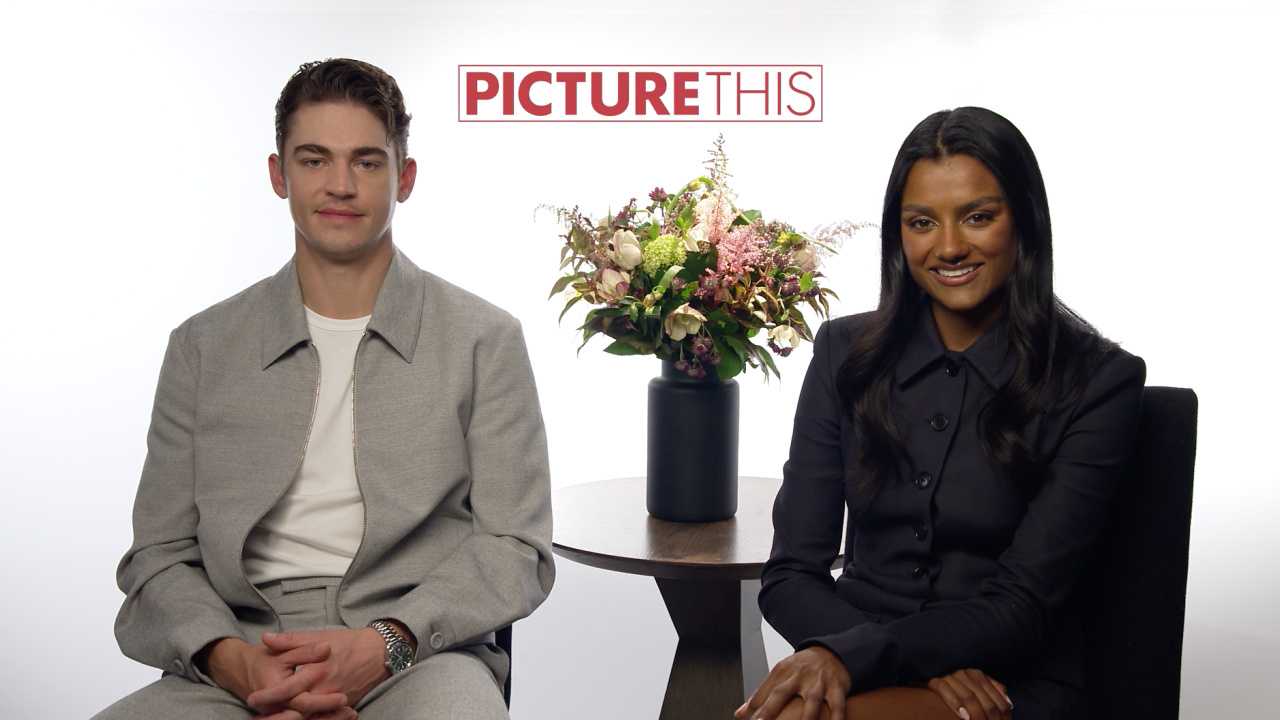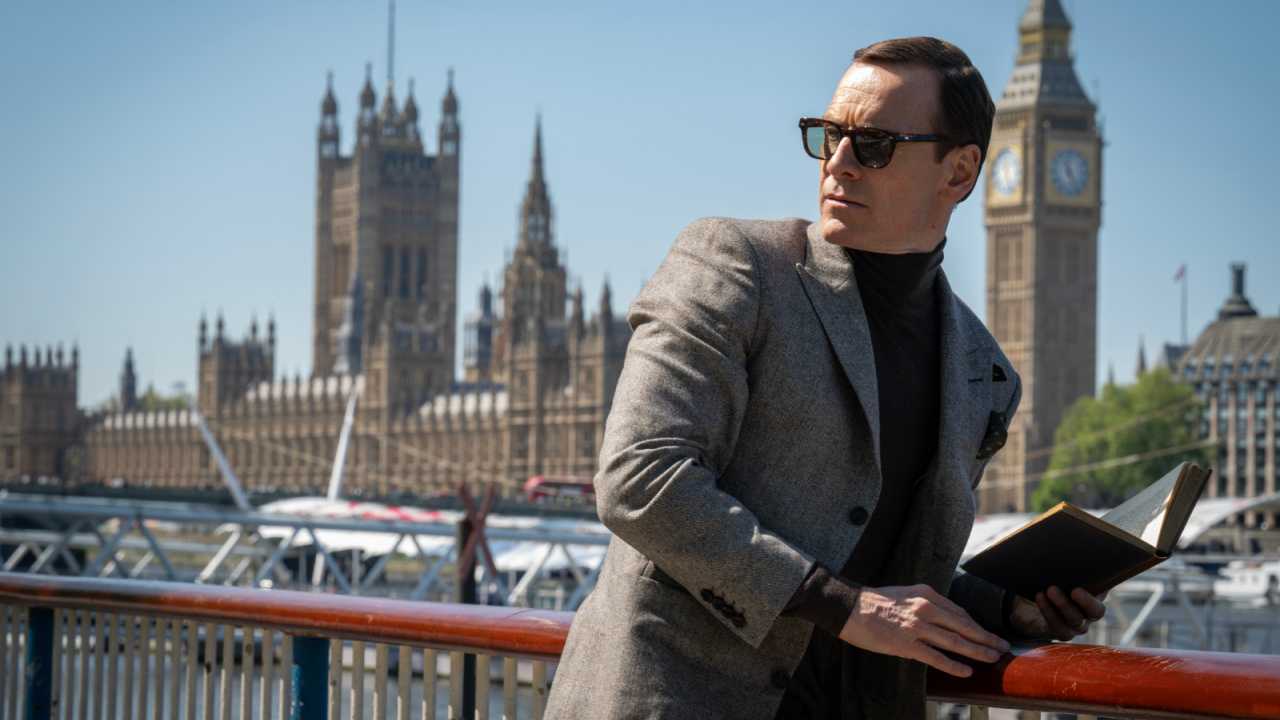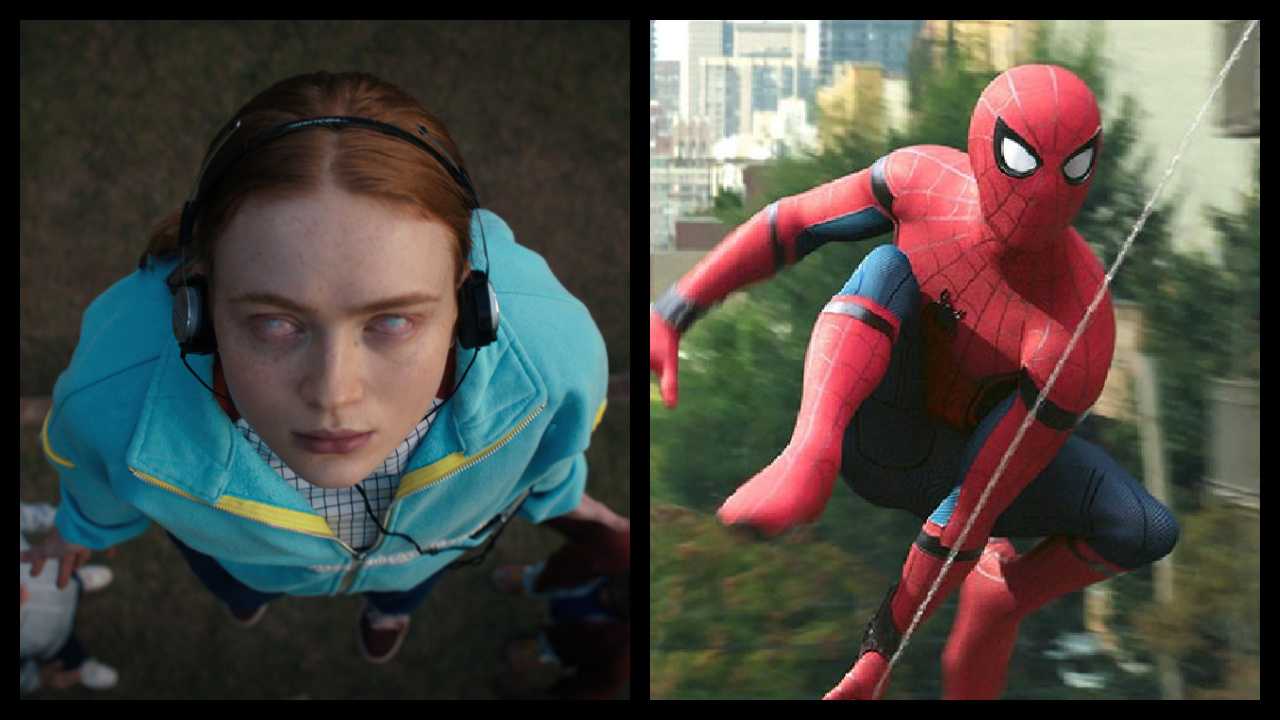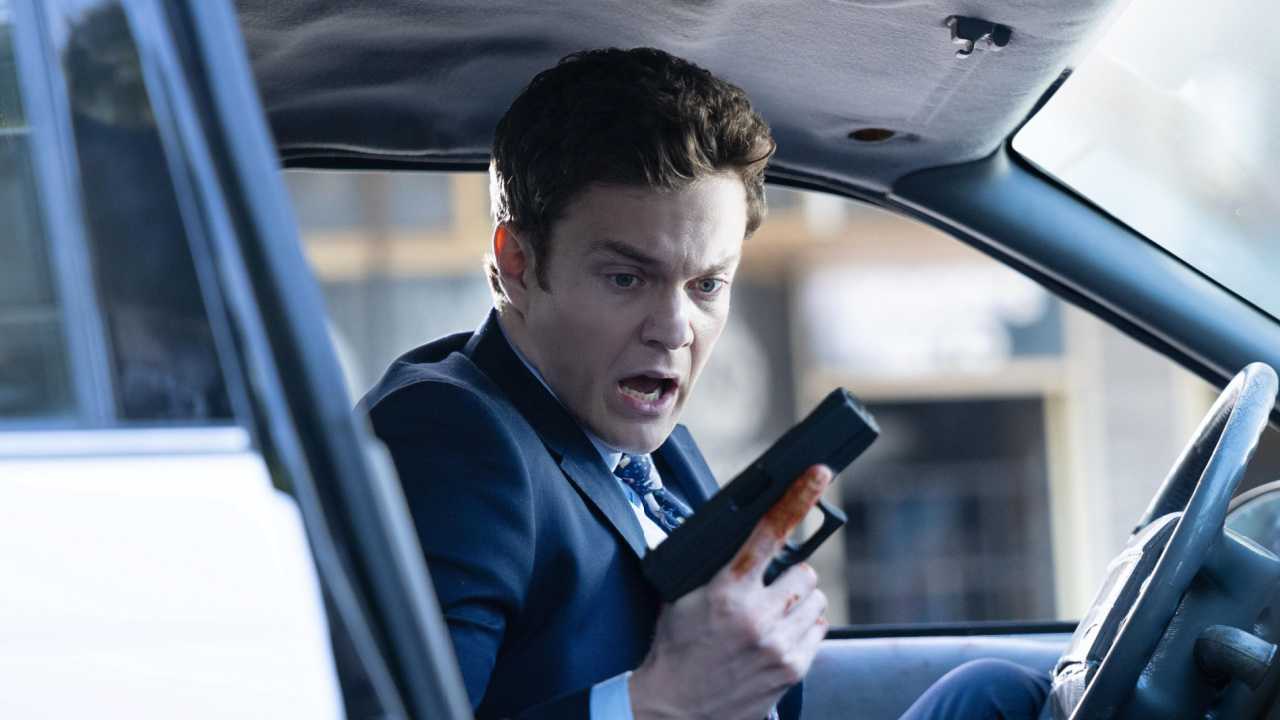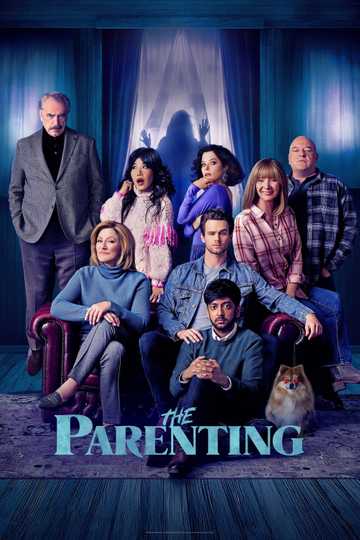George Lazenby on Cheating Death, Dropping James Bond, and Being Blacklisted
George Lazenby was given a license to kill, but he only took a single shot.
For nearly 50 years, the Australian-born actor has been known for a unique distinction: Among the line of men who've portrayed the iconic British super spy James Bond, he's the only one to only star in a single 007 film.
As the fascinating Hulu documentary "Becoming Bond," debuting May 20th, explores, Lazenby, a top male model at the height of London's swinging Mod era with virtually no acting experience at the time, was the first actor to assume the role following originator Sean Connery's departure after five films in row, and his effectiveness in the sixth installment, 1969's "On Her Majesty's Secret Service," would largely determine if the proto-film franchise would have legs after losing its first leading man.
And despite odds stacked against him higher than a deadly SPECTRE deathtrap, Lazenby fared quite well in the role, adding a lighter, cheekier note to his portrayal without sacrificing 007's dangerous qualities, abetted by what Bond aficionados regarded then and now as one of the stronger stories in the film series. He was an insta-superstar, flush with cash, women on his arm, and brimming with even greater Hollywood potential.
And then he walked away from it all, for what he planned as a decidedly different acting career path -- one that never quite happened.
"Becoming Bond" not only details Lazenby's unlikely rise to play the biggest screen action idol of the 20th Century and his even unlikelier exit, it looks at the actor's life in total, a tale as full of intrigue, romance, sex, and action (more Kiss-Kiss than Bang-Bang) as any movie potboiler, built around the still rakish and charming 77-year-old's absorbing reminiscences and frothy reenactments of his off-screen adventures. Lazenby further declassified his personal dossier during a chat with Moviefone.
Moviefone: When I watched this documentary, you struck me as a real-life version of The Most Interesting Man in the World. Did you feel like, "I've got a great story to tell?" Or were you surprised that there was interest in your life?
George Lazenby: I was surprised there was as much interest. Every time I meet somebody, they say, "I can't help it, but you've got to tell me, but how did you get James Bond?" And I didn't know whether that was an insult or not. They might be saying, how the hell did you get it? That guy, he's a bloody hero, a guy that'll go around and shoot anybody gets in his way, gets the girl, has a good time. Every man wants to be that guy.
I found it fascinating how you were pretty casually insistent on making the role your own in many ways, at a time where the filmmakers were really trying to shove you into the Sean Connery mold. Director Peter Hunt was clearly an advocate for you --
To begin with!
To begin with. So tell me about that experience, rubbing up against the Connery expectation and trying to put your own stamp on it. Today, you'd be applauded for that.
Somehow I felt, I knew, I wasn't an actor. They already had me changing my accent, walking different, because I used to swagger when I walked, and you can't do that in cinema. They changed my walk, changed my talk, and I thought, "They're not going to change me. I'm just going to play it the way I would play it if I was him, if I was this good a character, if I was a tough guy, and blah blah blah."
It was Sean Connery's gig. He established James Bond as his personality. So it's a tough road to hoe. And that was Peter Hunt's first time directing, by the way, and my first time acting. It was one of those things where I got carried away in my own ego, otherwise I couldn't have done it. If I had looked at the reality, I would have gone, "Sh*t! What's happening here?" I just thought that beating out 3,000 guys for the part, there must be something good about me.
A lot of your successes in life, from your various careers and with women, came from that confidence and that positive attitude you project.
I was very confident, because I didn't believe anything anyone told me. I had 18 months in hospital when I was one and a half to three. I had 68 surgeries on my bladder. Then a doctor came over from England and said, "We had the same problem with a kid -- he was peeing backwards into his kidneys." And then they looked at my kidneys and one and a half were rotted. So they took out one and a half of my kidneys. Then the doctor told my mother to take me home to die, because I won't be able to live as a man on half a kidney.
And then some mother must have heard my mother, and some kid heard his mother, I'm the guy that's got to die, I'm the guy that's got to die. At school I was getting it. And I thought, "Oh sh*t -- I'm not going to die." And my half kidney grew the size of two. I did everything they told me not to do: played contact sports, drank alcohol, did everything they said you mustn't do.
So I lost confidence in the demigods, the doctors, because they were totally wrong ... I thought, "These guys are full of sh*t. I don't believe a word they're saying." So I've never gotten sick again. I don't get colds. I don't want to go near those guys, because they'll just give you pills or something, and they'll do you in.
But this is the way that life went, and it's the same in the movie industry. It's full of sh*t. It's only a matter of knowing which way it's full of sh*t, and getting around it. If I wanted to get back in the movie industry tomorrow, I could do it. It's just that I'd rather they left me alone -- unless somebody came up with some ridiculous offer. Then you'd have to say, "Hmm, yeah, I could use this."
What were the things that you enjoyed about playing Bond and shooting the film? Were there aspects of it that were genuinely fun?
There was nothing that was extremely hard. I hurt myself a few times doing my own stunts. They'd bring in doctors to massage me and get me back together. I didn't like it. It was hard work.
I was going out all night, which was a problem. I liked to drink. I'd go out to three [or] four o'clock in the morning, sometimes daybreak. Then the driver would take me to work, and I'd get makeup. But the good thing was, the Mitchell camera, it just took hours to move it around, so I could have a rest in between [laughs] -- today they've got these little cameras -- but then I had to do my stunts.
They wanted everything perfect. You think you've done it perfect, and they say, "No, we've got to do it one more time." The acting, I was one take. I'd say, that wasn't very good. And Peter Hunt, said "Tell him he's going to do another angle as well." He never spoke to me the whole film, the director.
And you certainly had fun with the Bond girls when the cameras weren't rolling.
The ones that wanted to have fun, we had fun. I was available.
When I got to England, I was 24. The girls got The Pill. I was a rugged Australian male model -- you can guess, [I had sex] sometimes five [times] a day. It was outrageous. And that couldn't happen on the [film shoot], because there were only eight girls there for the whole nine months. So I eventually talked them into getting me a helicopter to go into town at night. And I'd go into town in the helicopter, and they'd wait for me. It was a crazy life I had.
And then Arnold and David Picker from United Artists offered me any movie I want to do between Bond films [if I would sign a long-term contract to play Bond]. "Just sign the f*cking contract." [James Bond producer] Harry [Saltzman] offered me a million dollars. And I turned it all down.
When did that impetus to turn it all down start setting in, and what kind of gave you the chutzpah to make that move -- unthinkable in Hollywood at the time?
A guy called Ronan O'Rahilly. He started Radio Caroline in the English channel -- Pirate Radio. He launched all those English pop groups and he got them known ... He wanted to manage me. That was a funny story because I went to the guy that worked for him, who lived in the apartment across from my apartment, and he used to teach acting. So when I went up for the Bond thing, they told me, "Come back on Friday." I thought, I'd better get an acting lesson. I'd never had one. So I went over and knocked on his door, I said, "Look, I'm up for the Bond film. Can you give me an acting lesson?" He said, "What?" Couldn't believe it.
So he rang Ronan O'Rahilly, who was his boss. And Ronan turned up with five other guys and they all gave me this acting lesson. Then Ronan said, "I'll manage you." He liked the adventure of it, and he was a rebel a rebel like you can't believe it! A guy that started the Pirate Radio station.
Ronan, he was the one who advised me not to do another film, because "Easy Rider" was out, all these hippie movies were coming out. He said, "Bond's over. Let's make love, not war." He convinced me. And that's why I didn't take those offers. He convinced me that there was a guy called Clint Eastwood doing Westerns in Italy, getting $500,000 for a month. I had to work nine months on the bloody Bond movie, and they were going to pay me a million. I said, "I'd rather be Clint Eastwood." But it didn't work out.
Tell me a little bit about walking away and shaking off such a dizzying experience.
That wasn't hard. That wasn't hard. James Bond was so out of fashion. He was wearing tight pants, a suit, short hair, and people wandering around with sideburns, long hair, flowered shirts, bell bottoms. I mean, I'd go in a restaurant and people would say, "Excuse me, waiter?" It was so different -- you'd have to be there.
It was so different, the way people dressed, and the way people behaved. They made love, not war. And then the '80s turned it back around again. But up until the '60s and '70s, it was amazing. If you wore a suit, even Wall Street took their ties off. If you can imagine that time, it doesn't make me look as mad. [Laughs]
Over the years, have you spent much time in the company of the other actors who have played James Bond? Have you been part of that 007 fraternity?
I've met them all. There was the 40th anniversary in Albert Hall. Everyone showed up except Connery. That's when I met them all more closely.
Nearly 50 years later, people love that particular movie. You haven't been forgotten as Bond -- we're still celebrating you. At this point in your life, when you look back at it all, what has the whole experience meant to you?
It was probably the biggest thing in my life, apart from my kids. When I look back, I think of my kids, and then I think God, what the hell was that all about? It was a big thing. It changed my life. Fame does that to you, but I'm glad that I didn't pursue it.
I didn't pursue it because I was blacklisted right after Bond. [Years later], I had "The Equalizer." It was my idea -- I gave it to Mike Sloan to write. I did the test. David Hemmings, the actor, directed the test. I was wardrobed. I was waiting for the limo to pick me up for the first day of shoot. Didn't show up. I call Mike, I said, "What happened?" He said, "They got a phone call from upstairs." That's all he could tell me. I gave up then. I said, "F*ck it." Every time I got a job, I wouldn't get the next phone call to come to work.
But you reinvented yourself.And as the movie shows us, you excel at that.
Yeah!
On Her Majesty's Secret Service

